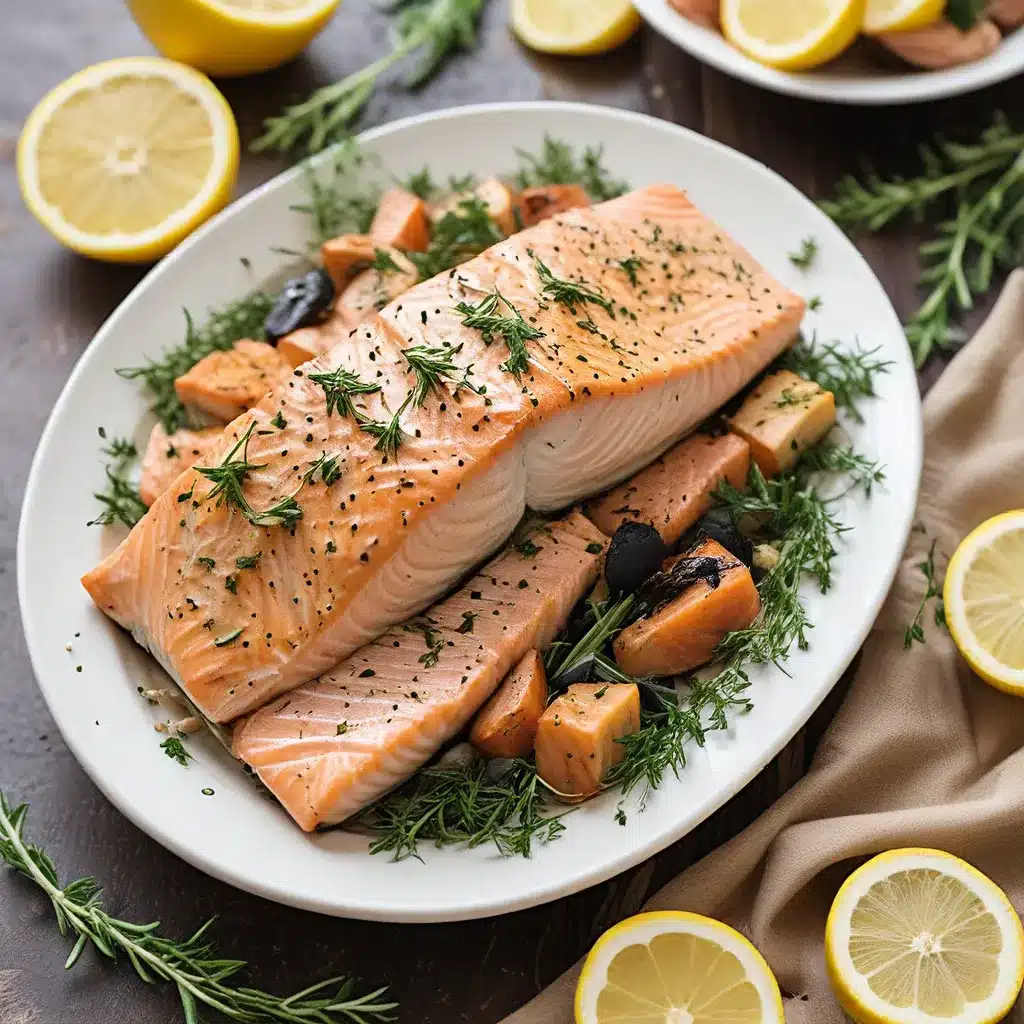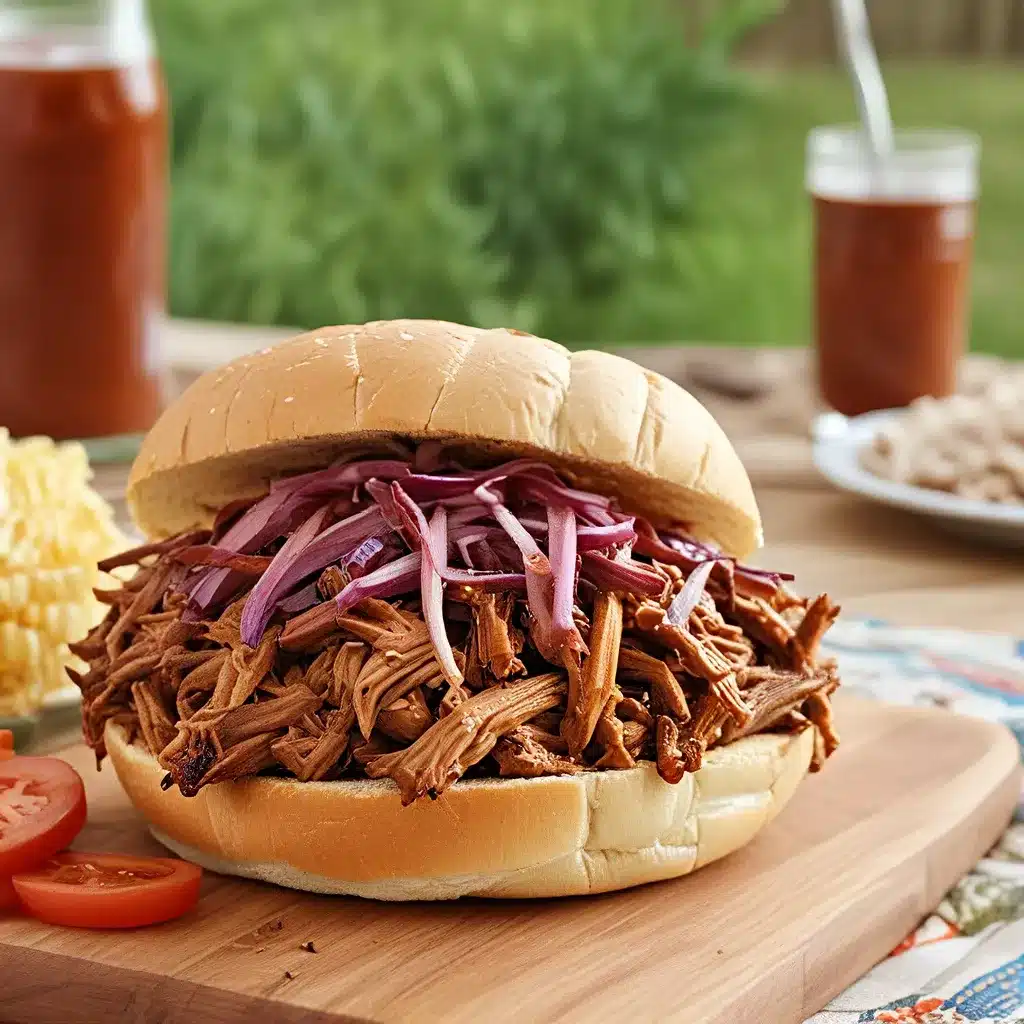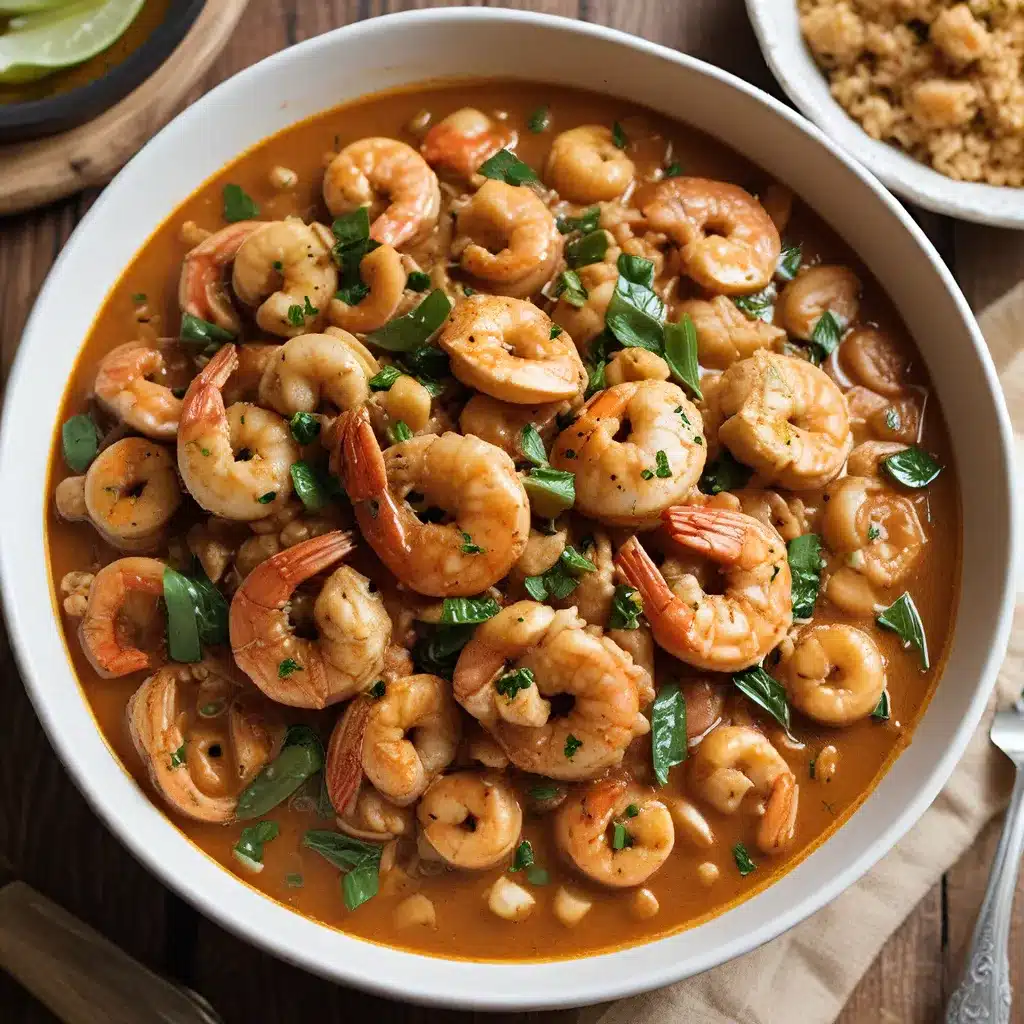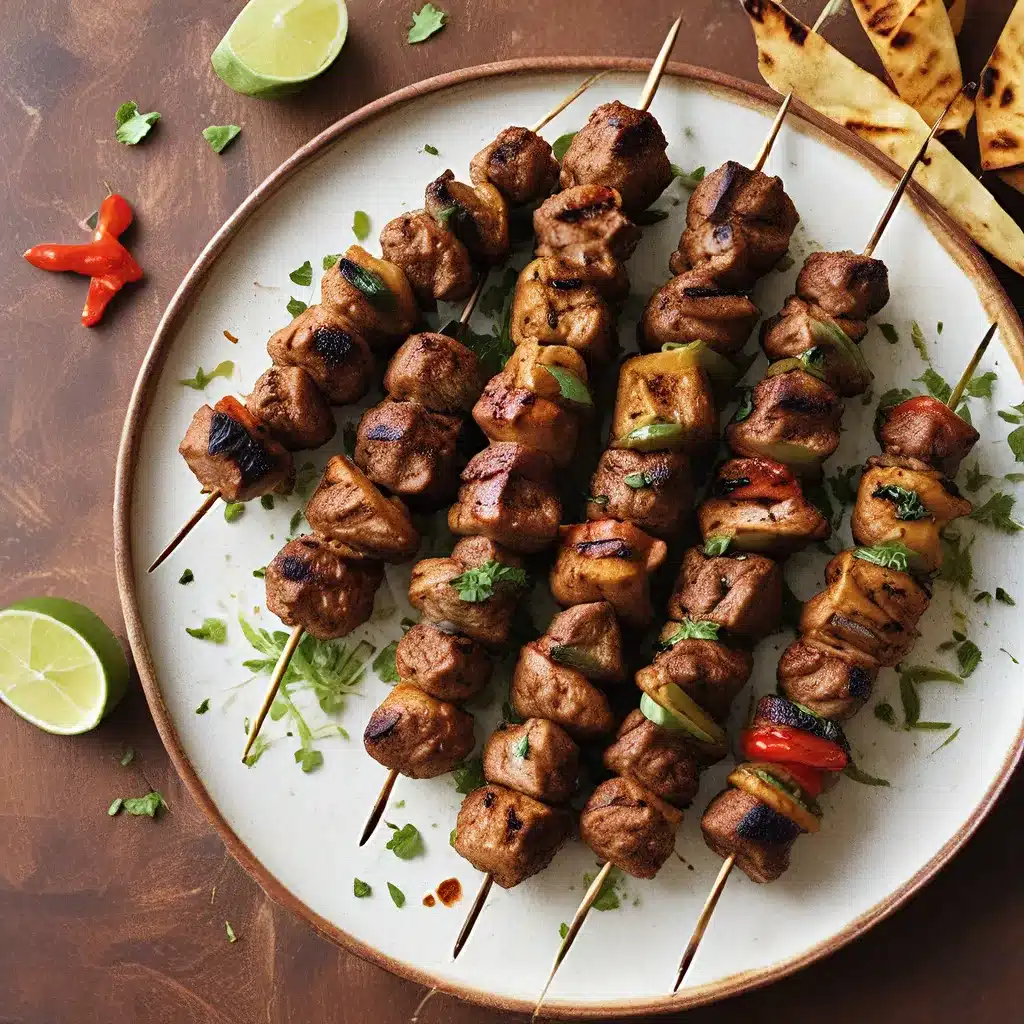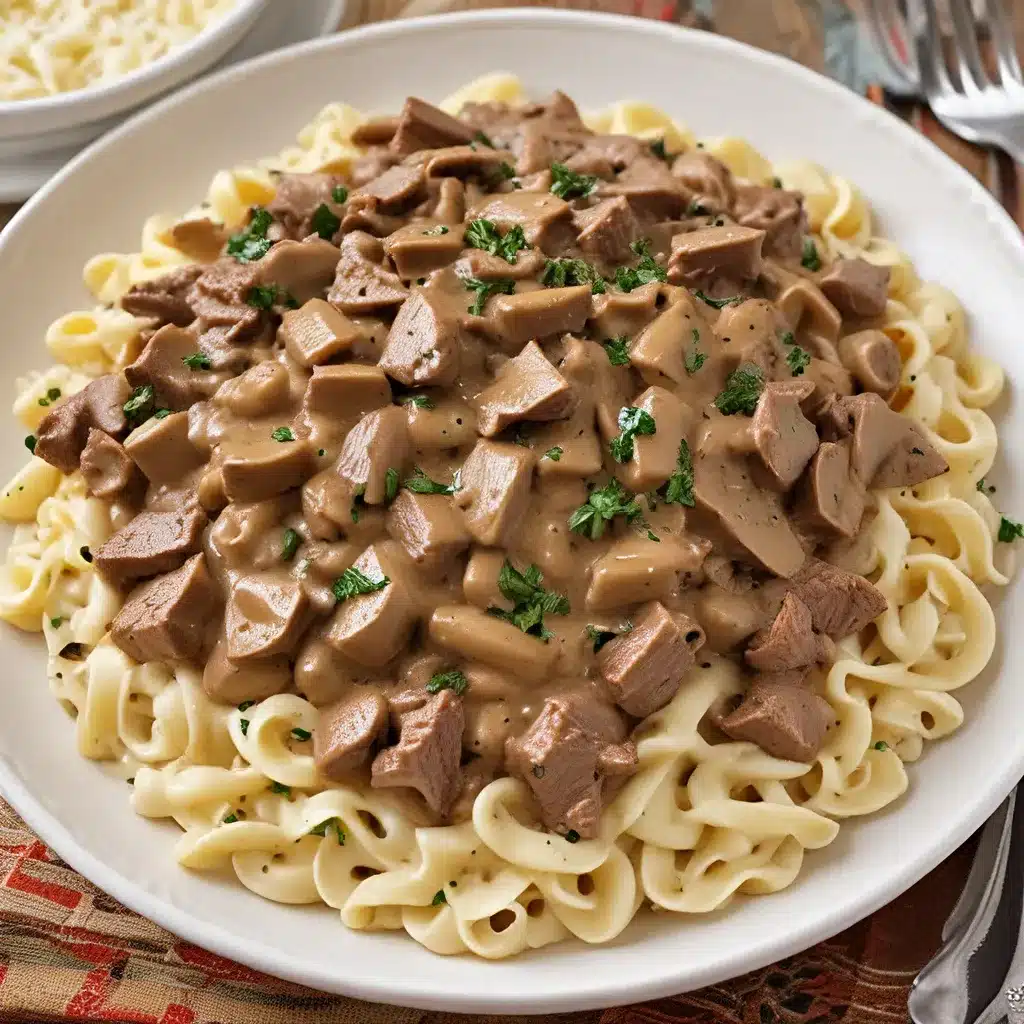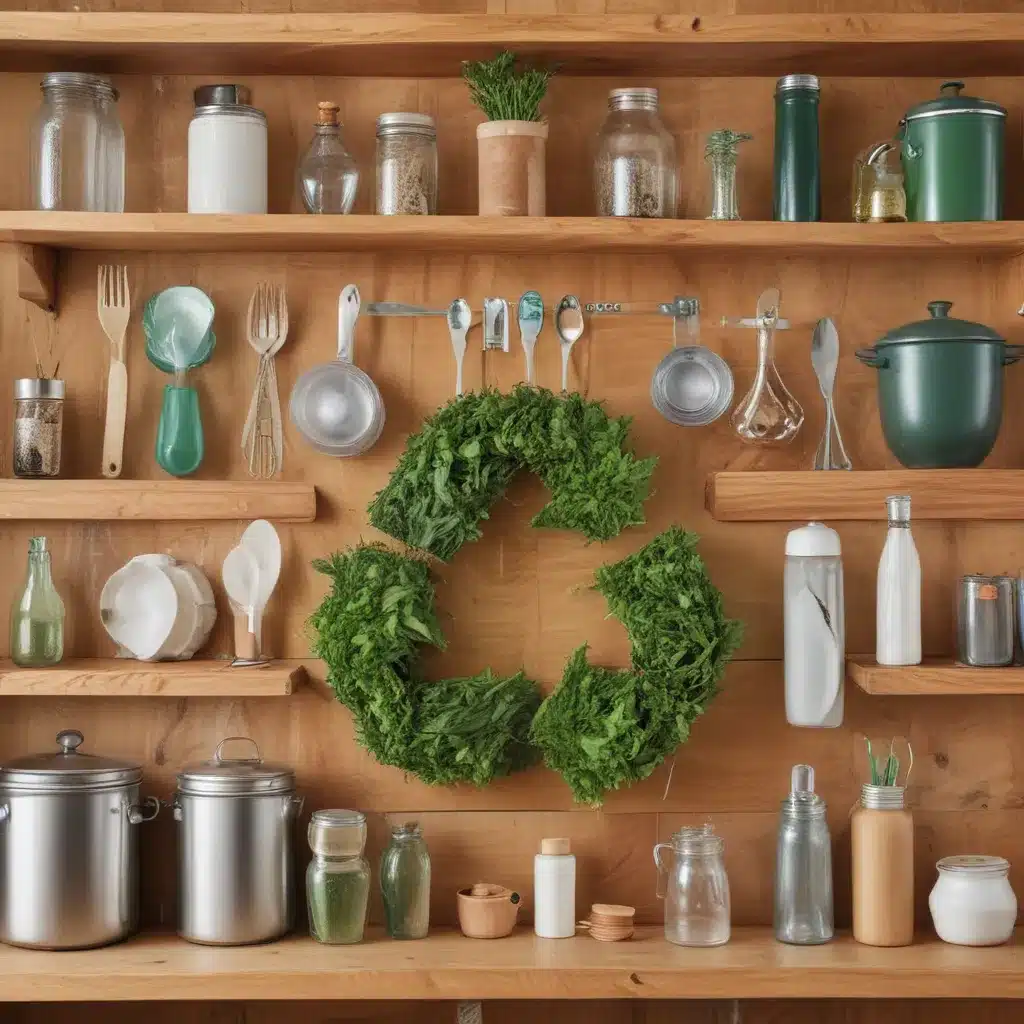
Reducing Food Waste: The Tasty Way to Save the Planet
As I stared at the forgotten bag of lettuce wilting in the back of my fridge, I couldn’t help but feel a pang of guilt. How many times had I let perfectly good food go to waste? It’s a question that haunts many of us home cooks, myself included.
But you know what they say – where there’s a wilted vegetable, there’s a way! At least, that’s how the saying goes in my kitchen. Because the truth is, reducing food waste isn’t just good for the planet, it can also be delicious. In fact, I’ve found that getting creative with the odds and ends in my kitchen has led to some of my family’s new favorite dishes.
Pantry Rescues and Fridge Makeovers
Take that bag of lettuce, for example. Instead of tossing it, I used the still-crisp leaves to make a simple salad dressing. Just a bit of olive oil, vinegar, and some herbs from the garden, and voila – a tasty way to use up those greens before they went bad.
My own fridge is full of little projects like that – a stale loaf of bread transformed into crunchy croutons, overripe bananas mashed into banana bread, and those last few slices of cheese melted into a decadent grilled cheese. It’s all about embracing the beauty of imperfection in the kitchen.
And you know what they say, one person’s trash is another’s culinary treasure. I’ve even started scouring my local grocers’ discount racks for “ugly” produce – misshapen fruits and veggies that are perfectly fine to eat, just not quite pretty enough for prime shelf space. Those zucchini that are a little too curved or the apples with a funny spot? They make for some of the most flavorful and creativity-inspiring ingredients in my kitchen.
Repurposing and Recycling
But food waste reduction isn’t just about salvaging the half-used and nearly expired. It’s also about getting creative with the parts of ingredients we typically toss – like vegetable scraps, bones, and even coffee grounds.
Did you know you can make your own compost from those coffee grounds and eggshells? Just a little layering and turning, and you’ve got nutrient-rich soil to give your garden a boost. And those bones from last night’s roast chicken? Perfect for making a nourishing bone broth.
The way I see it, the kitchen is our own little ecosystem. And just like in nature, nothing should go to waste. Even the parts we’d normally consider trash can be transformed into something useful, delicious, or downright essential.
A Sustainable Mindset
Of course, reducing food waste isn’t just about clever cooking. It’s also about shifting our mindset and habits around how we shop, store, and prepare our food. Simple things like making a grocery list, properly storing perishables, and learning to interpret those tricky expiration dates can go a long way in cutting down on the amount of food we send to the landfill.
And let’s not forget the social impact of food waste reduction. When we divert usable food to local food banks and shelters, we’re not just saving resources – we’re also helping to nourish our communities. It’s a win-win-win scenario if you ask me.
So the next time you find yourself staring down a wilting vegetable or a half-empty carton of yogurt, don’t reach for the trash can. Reach for your creativity instead. With a little imagination and a sustainable mindset, those scraps and odds and ends can become the building blocks of delicious, earth-friendly meals. After all, the kitchen is where sustainability and culinary magic meet.

